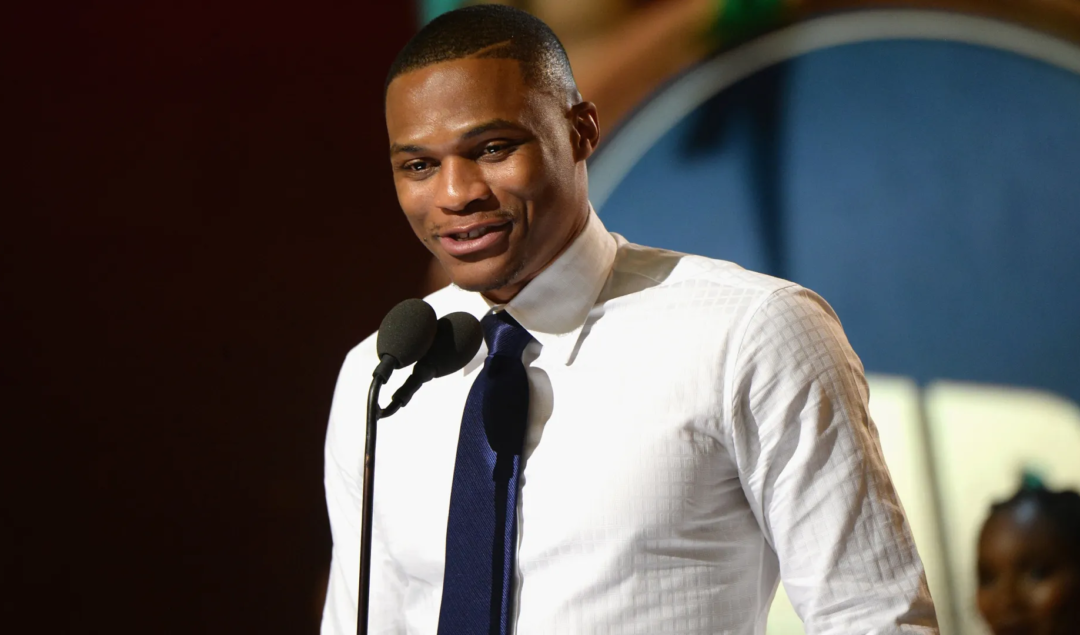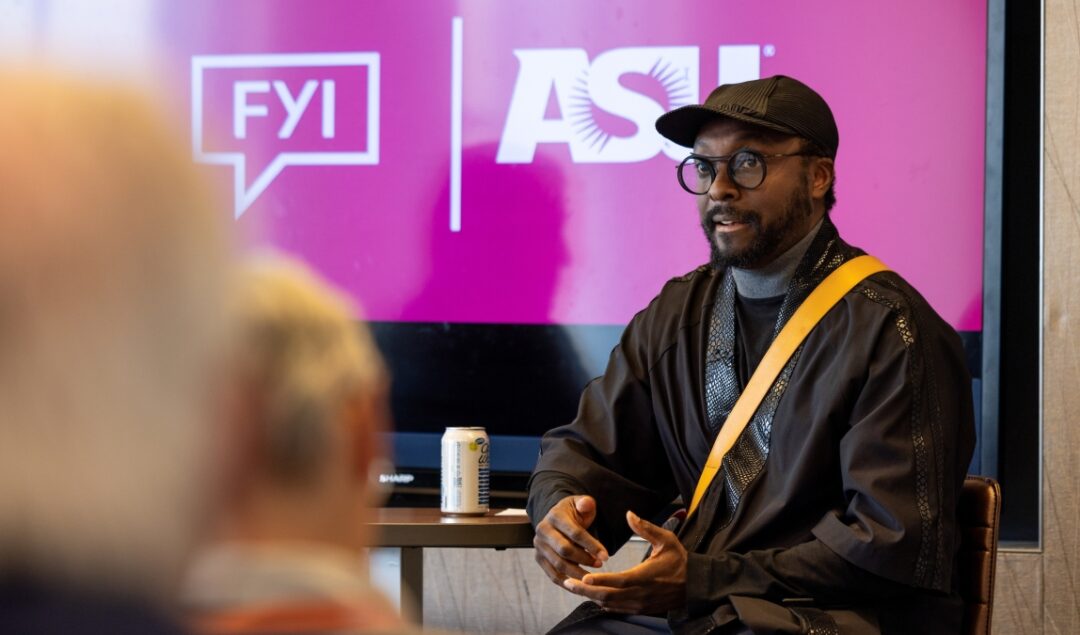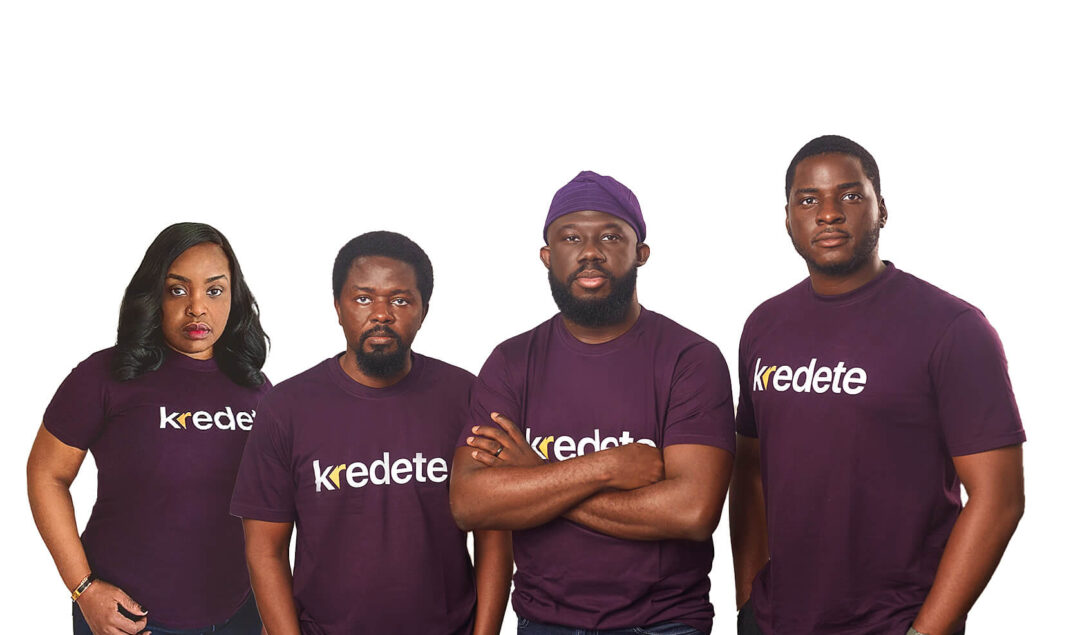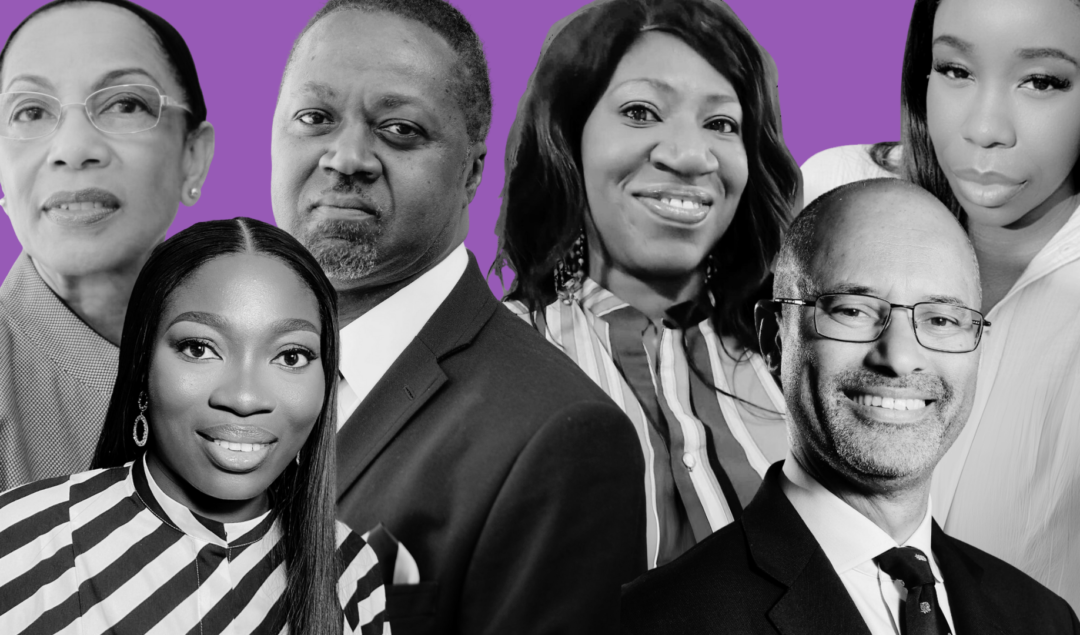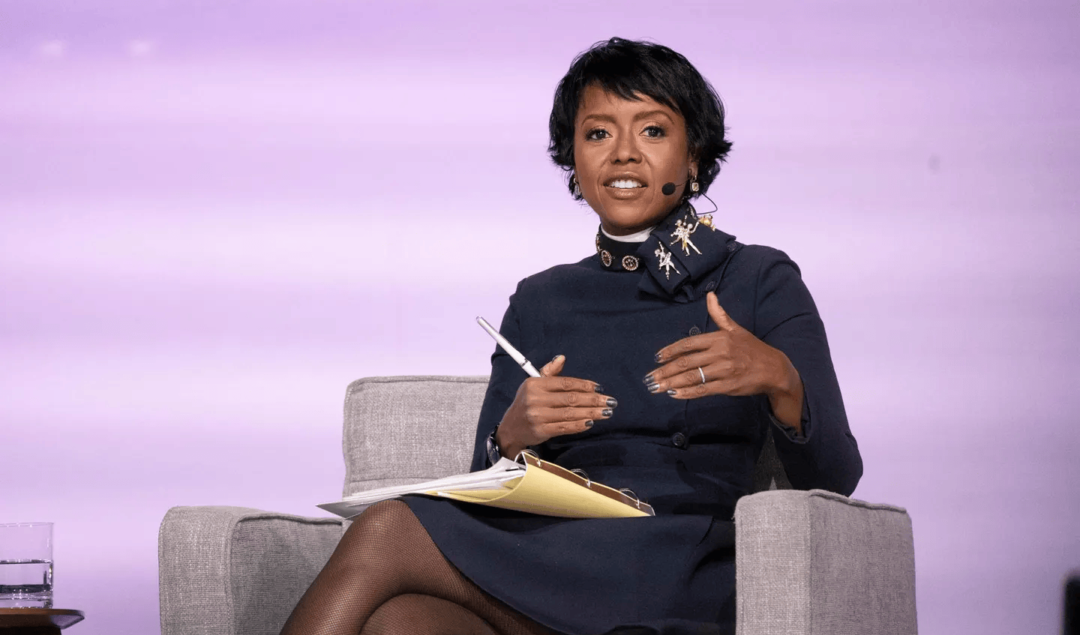NBA MVP Russell Westbrook, NBA All-Star Kemba Walker, and NCAA champion Donnell Beverly Jr. recently launched Eazewell, a tech startup that helps ease the burden of funeral planning. The startup is now launching its AI-Powered Care Transitions Platform. The platform aims to support families, hospices, senior living communities, and life insurers with the administrative tasks at the end of life, from notifying banks and Social Security to cancelling utilities and closing social media accounts. AI To Streamline End-of-Life Tasks The platform streamlines responsibilities such as account closures, documentation, utility cancellations, mail
Shield, a crypto neo-bank, has raised a $5 million seed round led by Giant Ventures to help businesses send and receive money across borders more quickly and affordably. CEO Emmanuel Udotong told TechCrunch that he and his team launched Shield as mainstream uses for crypto were scarce, while “bad actors” were dominating the space. Shield’s goal, he said, is to bring blockchain into the real economy by solving real-world problems. How Shield Works Shield was founded in 2022 by Udotong, his brother Isaiah, and their college friend Luis Carchi. The
will.i.am is set to teach a 15-week AI course titled “The Agentic Self” in January 2026. The course will be taught at Arizona State University (ASU), a school focused on increasing the digital fluency of the next generation of learners. “This professorship marks a new chapter in my life,” will.i.am said in a press release. “From creating global unifying music to establishing my i.am Angel Foundation, which empowers 15,000 Los Angeles area high school students with STEM skills and sends thousands to college, I find the answer to my question
Paid, an AI agent startup, has raised $21.6 million in a seed round led by Lightspeed. The London-based startup recently raised €10 million ($11.7 million) in a pre-seed round, meaning the company has raised $33.3 million and hasn’t even reached its Series A yet. The startup’s valuation exceeds $100 million, according to a source familiar with the deal, as reported by TechCrunch. The startup was founded by Manny Medina, the Ecuador-born founder and former CEO of Outreach, a $4.4 billion sales automation company. What is Paid? Paid differs from other
Kredete, a Nigerian fintech company that helps African immigrants build credit, has raised $22 million in a series A funding round led by AfricInvest through its Cathay AfricInvest Innovation Fund (CAIF) and Financial Inclusion Vehicle (FIVE). This latest round, which also had participation from Polymorphic Capital and Partech, brings Kredete’s total funding to $24.75 million, according to a press release. The fund will help the company expand into Canada, the United Kingdom, and key European markets. About Kredete Serial entrepreneur Adeola Adedewe founded the company in 2023 with a mission
Interested in cybersecurity? Join us for BUILT DIFFERENT, happening in London on October 2. Spaces are free but limited — RSVP now to secure your spot. Get to know the Black British cybersecurity professionals making big moves in the UK and beyond. From CEOs and academics to community builders and content creators, they’re shaping the future of cybersecurity while opening doors for the next generation. 1. Dr. Claudia Natanson MBE – Chair, UK Cyber Security Council Recognized by the Financial Times as a leading technology influencer, Dr. Claudia Natanson chairs the UK Cyber Security
R&B artist named Xania Monet has just inked a $3 million deal with Hallwood Media, the company led by former Interscope executive Neil Jacobson, Billboard reports. But Xania isn’t human. She’s the AI-powered creation of Telisha “Nikki” Jones, a 31-year-old poet and design studio owner from Olive Branch, Mississippi. Jones, who grew up singing in church, writes all her own lyrics and uses the AI music-generation platform Suno to bring Monet’s music to life. Her tracks have been gaining momentum fast. On September 20, Xania debuted at No. 25 on Billboard’s
President Trump’s latest move on immigration is shaking up the tech industry and the global talent pipeline it relies on. On Friday, the White House announced that employers must now pay $100,000 for each new H-1B visa application, nearly 60 times the previous $215 lottery registration fee. The H-1B visa allows US companies to hire skilled foreign professionals in high-demand fields such as engineering, IT, and medicine. The program issues up to 85,000 new visas annually through a lottery system, including 20,000 reserved for US-trained graduate students. Ripple Effects Across Silicon Valley
Ariel Alternatives has acquired Groome Industrial Service Group, a provider of industrial cleaning and maintenance solutions. JPMorgan Chase & Co. joined the deal with a minority stake through its asset management division. Founded by business leader Mellody Hobson, Ariel Alternatives is the private equity arm of Ariel Investments, one of the largest Black-owned money managers in the US. The acquisition will help Groome, which employs more than 900 people across more than 20 US sites, expand its market share by tapping into the firm’s ties in the energy and utilities
Bleyt is helping immigrants transfer their credit history across countries. The company has a built-in money app that uses AI to obtain pull financial data from local credit providers and bureaus. It also features a multi-currency account and card, allowing immigrants to minimize delays when accessing financial services in new countries. Immigrants struggling to access financial services When Bleyt’s founder, Wale Akanbi, moved to from Nigeria to the UK in 2021, his credit history did not transfer with him, making it difficult for him to access financial services. “I had

